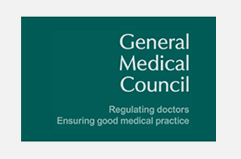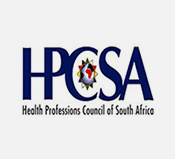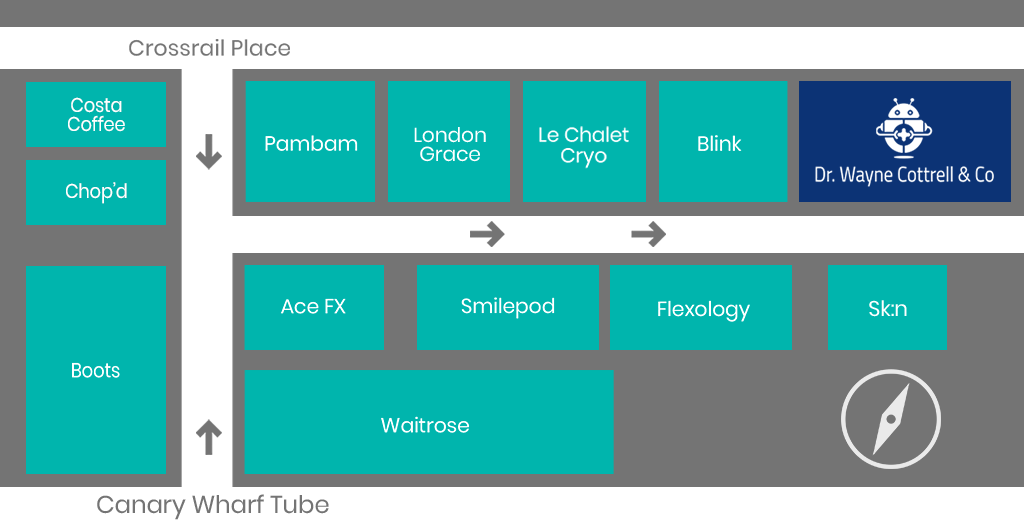Your Private GP and Sexual Health Clinic in Canary Wharf
Prostate cancer
It is normal for the prostate to get bigger as men age. This is called benign prostatic hyperplasia (BPH) Because the gland gets bigger, it can press on the bladder causing frequency of urine, nocturia (peeing a lot at night ), a weak stream and dribbling. BPH is common in men over the age of 50 and is usually treatable and not serious.
Prostate cancer is the most common cancer in men with about 36,000 new diagnoses in the UK every year (about 25% of all newly diagnosed cases of cancer in men). Most cases of prostate cancer develop in men aged 70 or older.It is more common in men of African-Caribbean or African descent, and less common in men of Asian descent.
SYMPTOMS
- Nocturia (getting up at night to urinate frequently)
- Difficulty in starting urination
- Difficulty stopping urination (dribbling)
- Lower back pain
SCREENING
Detecting prostate cancer early is the key to successfully treating it. We use a screening test called a PSA (prostate-specific antigen). However, the test on its own cannot be relied on to diagnose cancer.
If the reading is abnormally high, this would prompt further investigation. However, having a high PSA reading is possible whilst not having cancer. We recommend that you have a rectal exam at the same time as a blood test and perform these two tests yearly.
During the rectal exam, we can see if the prostate is enlarged, irregular, or hard.
PROGNOSIS
Prostate cancer usually progresses very slowly, so the outlook is generally favourable. It is possible to live for decades without having any symptoms or needing any treatment. Many men die with prostate cancer, rather than as a result of it. If detected early, it can usually be cured. Treatment options include removal of the gland, hormone or radiotherapy. However there are also more aggressive types of prostate cancer that starts at a younger age and can cause death quickly.
Once the cancer has spread (metastasised) to other parts of the body, most commonly the bones, it can no longer be cured. About 10 000 men die of prostate cancer in the UK every year.
A simple blood test and physical exam am can save your life. Don’t let embarrassment delay you seeing your doctor. I also offer a much more specific prostate cancer test called a PCA3 gene test.
If you are concerned about or just want advice on STI’s, please call: 0203 197 9100 or contact us via email at: contact@drwaynecottrell.com
For more information or to book an appointment call our clinic on the number below:









